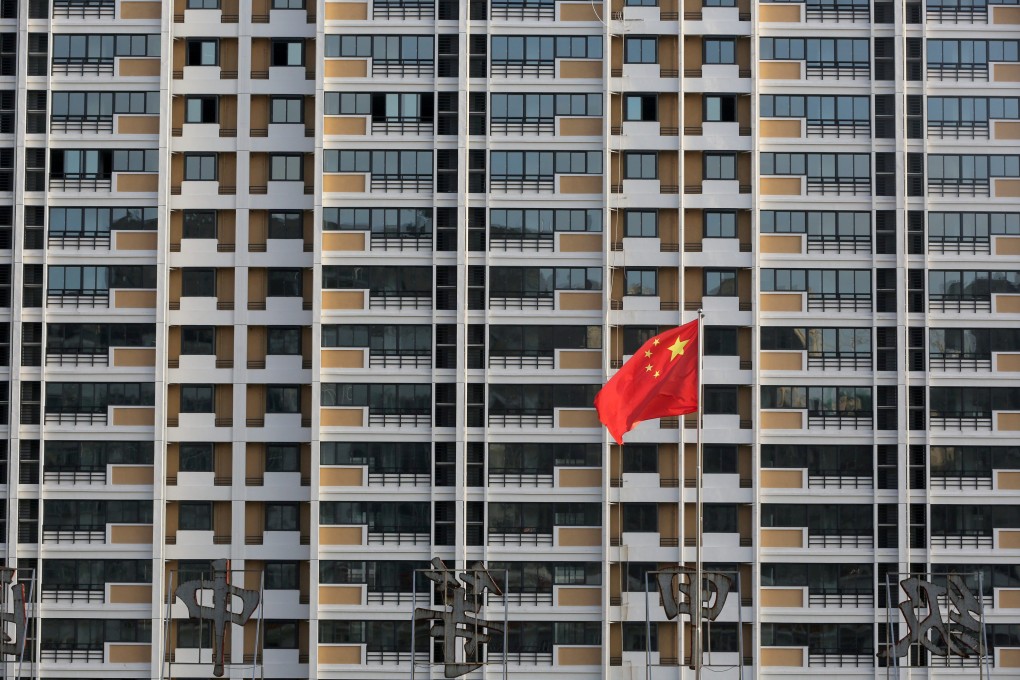Chinese property agent E-House files for US Chapter 15 protection to implement debt workout after bond defaults
- E-House is undergoing a debt restructuring in the Cayman Islands, where it is incorporated
- The company had defaulted on a US$300 million note due in April 2022, triggering a cross-default on a US$300 million bond due in June 2023

The Shanghai-based firm, through its foreign representative Alexander Lawson, filed for protection under Chapter 15 of the US bankruptcy code in the Southern District of New York Court on Monday, according to a Hong Kong stock exchange filing.
A Chapter 15 filing prevents creditors from seizing the company’s assets while it undergoes a debt restructuring in the Cayman Islands, where E-House is incorporated. A creditors’ meeting to vote on the company’s repayment plan is scheduled for October 12.
E-House defaulted on a US$300 million 7.625 per cent notes due in April 2022, and a US$300 million 7.6 per cent notes due in June 2023, according to a filing in April. It has proposed to repay bondholders US$60 in cash and US$940 in new 2025 bonds for every US$1,000 owed, plus accrued interest.

“The company continues to explore ways to secure the requisite funds to repay the 2022 notes on the maturity date,” chairman Zhou Xin said in the April filing.
Consenting creditors face an October 5 deadline to deliver their decision to earn the 1 per cent incentive fee of 1 per cent of bond value. The restructuring scheme will be put to vote on October 12 and the deal is targeted to be binding on October 31, according to its restructuring timetable.